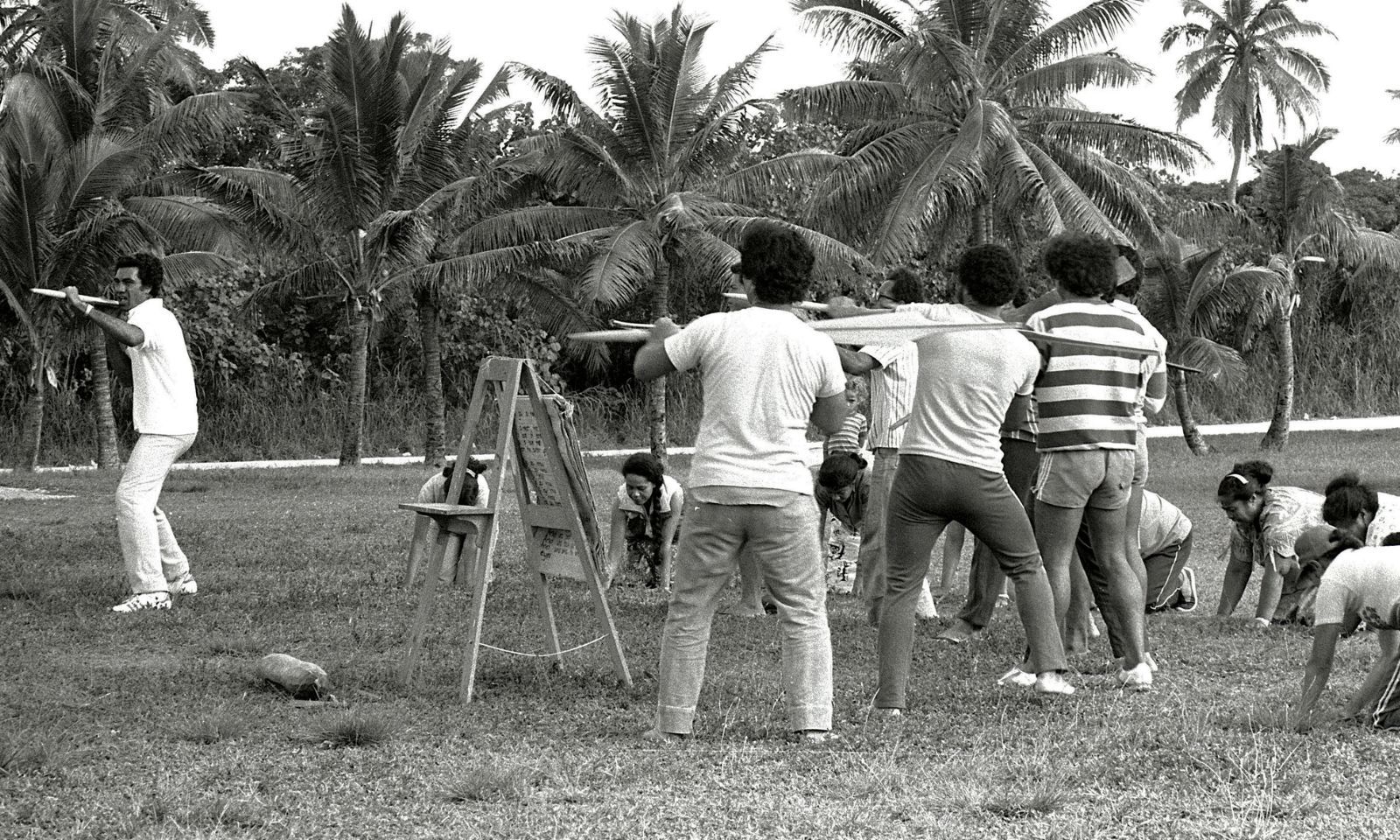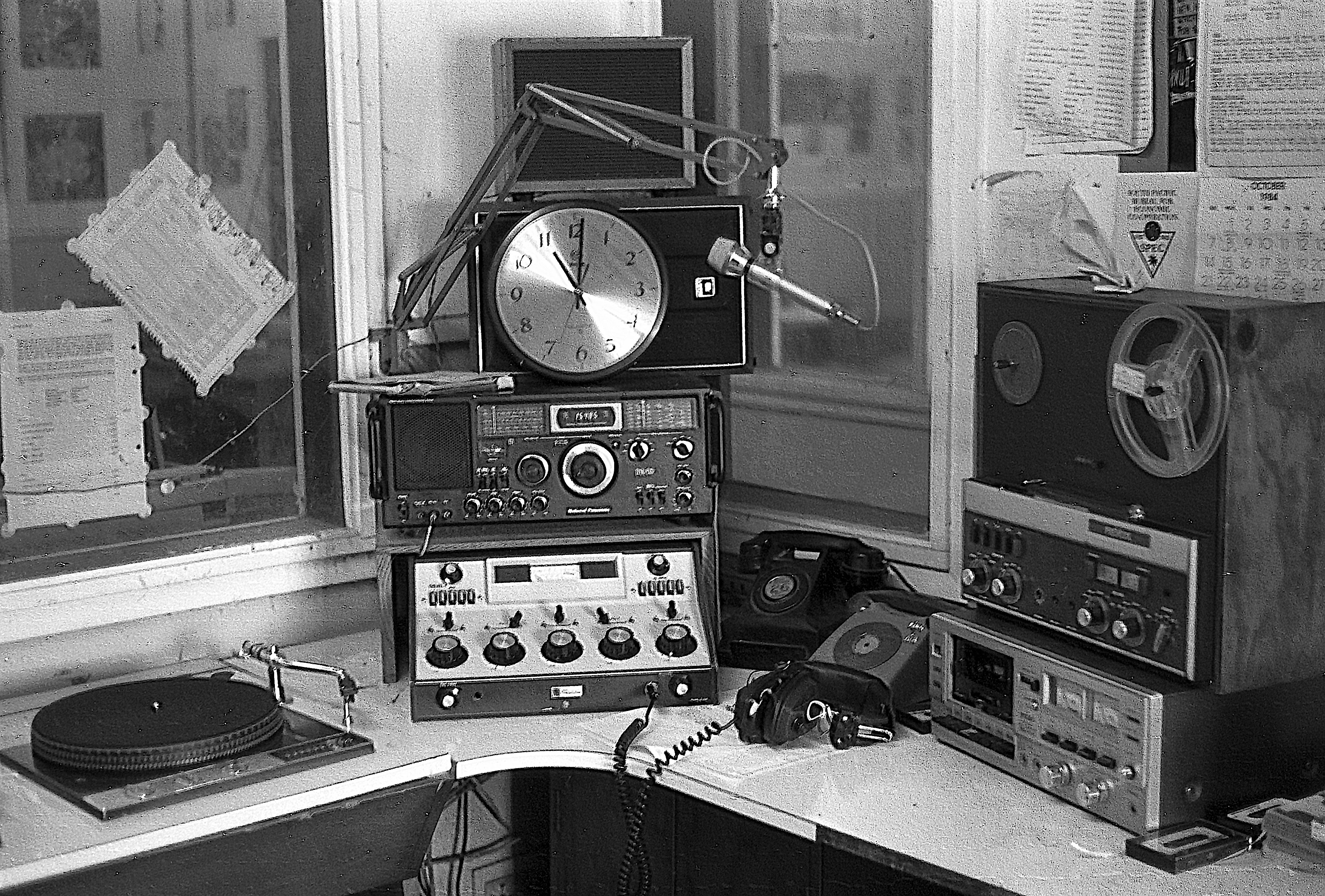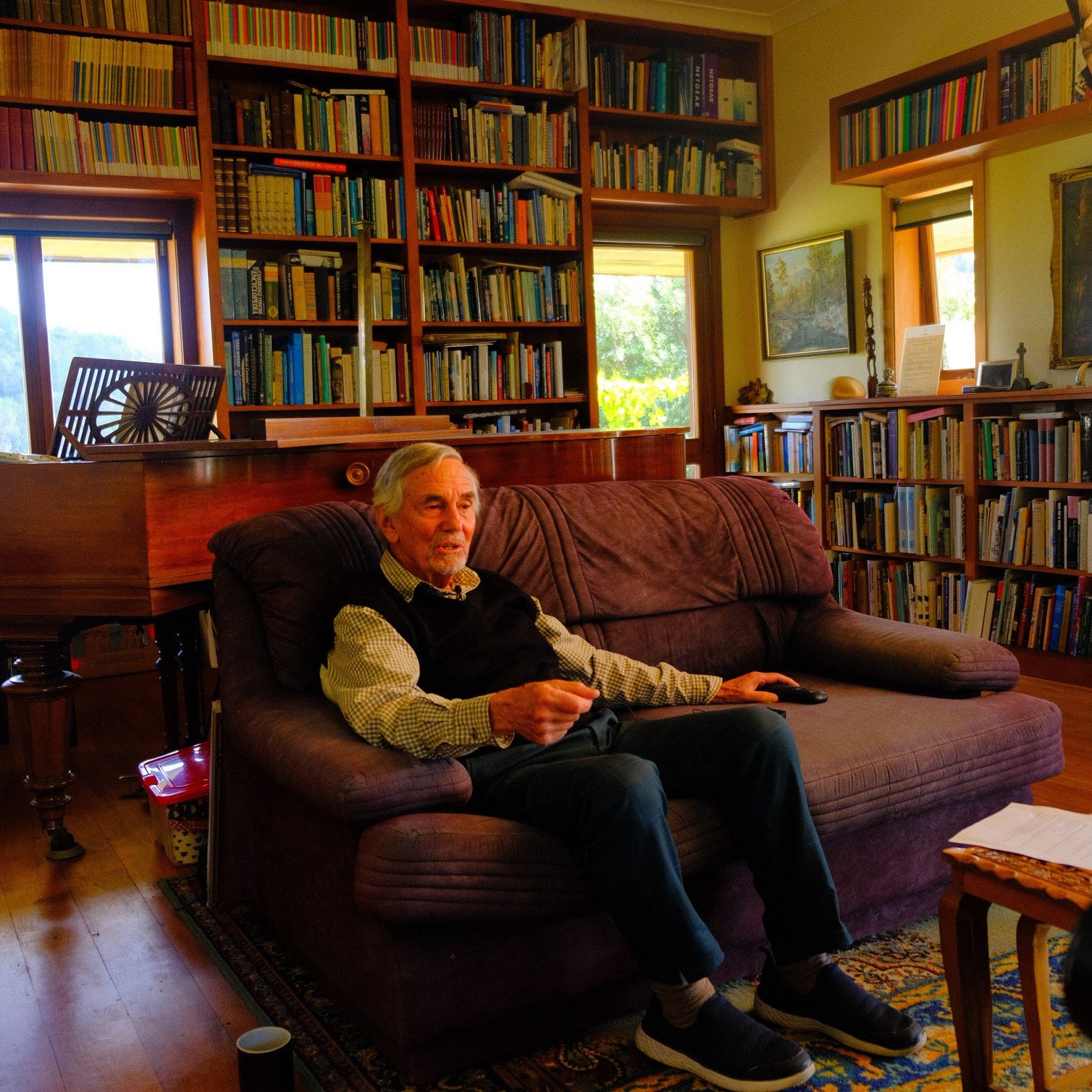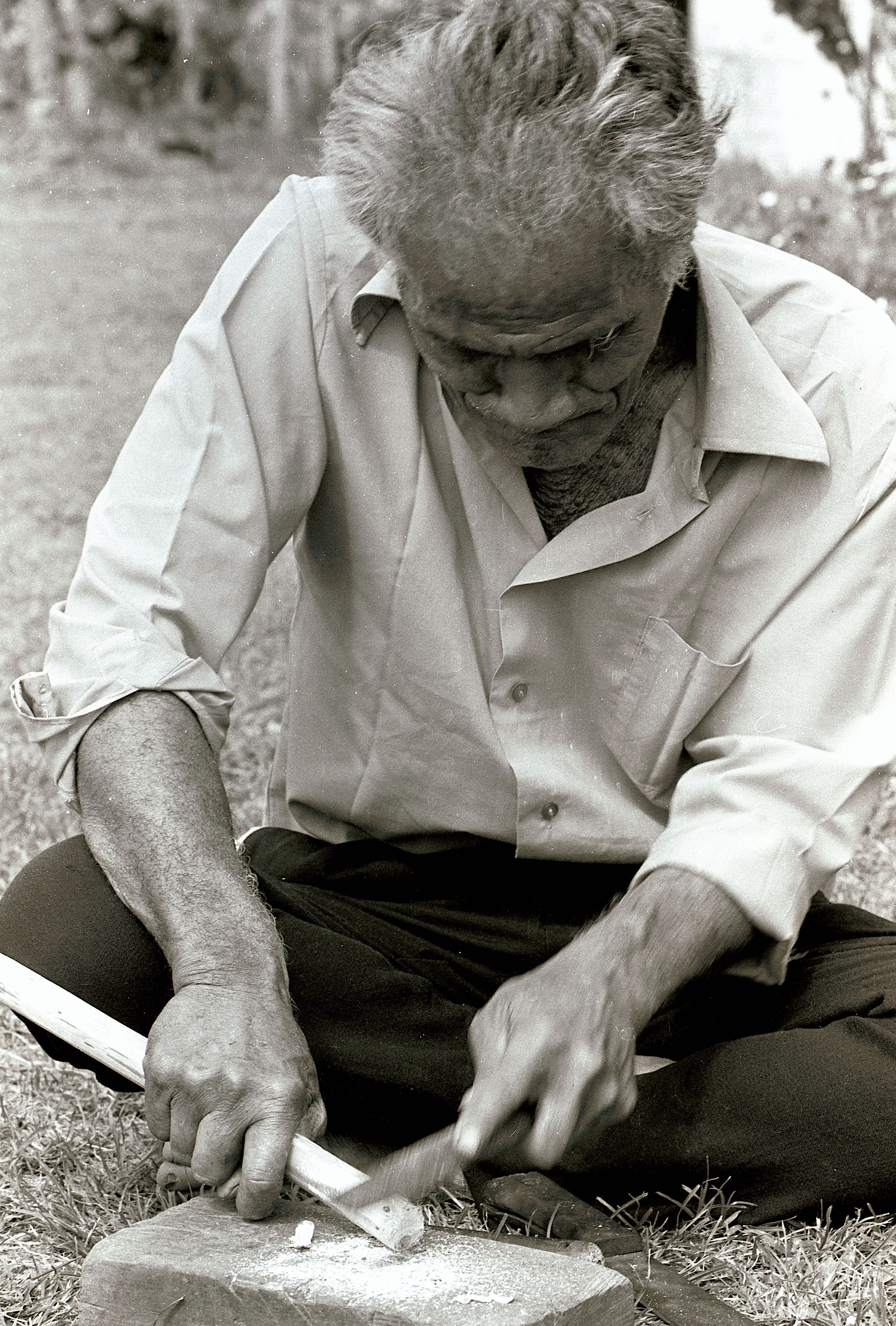

Traditional Niue nose flute.
Photo/Richard Moyle
Traditional Niue music archives to be released after 40 years
The University of Auckland will launch the Richard Moyle Survey - recordings from Niue’s 10th Constitution celebrations in 1984 and 50th anniversary this year.





Heading off on a roadie? Here’s how to keep your car and whānau safe





Heading off on a roadie? Here’s how to keep your car and whānau safe
Niue and members of the public will soon have access to precious music archives from the 1980s.
University of Auckland (UoA) will launch the Richard Moyle Survey of Traditional Music of Niue in January.
The collection will feature audio and visual recordings made during the Constitution celebrations of the 10th anniversary of self-governance in Niue and Aotearoa.
Ethnomusicologist and former UoA archives director, Richard Moyle, hopes many people will appreciate the archive files.

Niue community practicing their cultural dance and song. Photo/Richard Moyle
“The catalogue system online now means that you can search by a particular village, a particular person's name, a particular kind of song or dance, and overall, community use of the archive holdings is important at an all-time high.”
University of Auckland cultural collections archivist, Huni Mancini, said making the collection available to the public was a great way to highlight both Vagahau Niue (Niue Language Week) and mark 50 years since Niue became a self-governing nation.
“We hope that sharing this collection will benefit the Niuean community, both locally and abroad, and contribute towards the revitalisation of Vagahau Niue, where being able to listen to the recordings can help to maintain a full knowledge of the language,” said Mancini.

University of Auckland cultural collections archivist Huni Mancini. Photo/LinkedIn/Huni Mancini
Pacific sounds
Moyle recalled the trip in 1984, made possible thanks to his manager, Professor Mervyn McLean.
“He secured some funding from UNESCO on what was called a ‘territorial survey of oceanic music’, which was to send experienced researchers into part of the Pacific where we had little or no information about their performing arts and to see whether there were traditional materials still practised to merit a larger scale study.
“I happened to have already done fieldwork in Sāmoa and Tonga and I was asked to do it on that basis.”
Moyle and research assistant Fifita Talagi spent three months in Niue.

Niue's Radio Sunshine in 1984. Photo/Richard Moyle
“She and I talked to just about everybody on the island aged over 40 to see what they knew and what they remembered.
“The results were rather interesting because Niue was missionised from Samoa and the missionaries were so successful in preaching what they thought people on Niue should be doing that they succeeded almost entirely in wiping out and banning, certainly, forms of song and dance."
They worked to trace the origins of a traditional song that was used for a special performance in 1900.

Richard Moyle referred to Niue as a "tropical suburb of Auckland". Photo/Facebook/Richard Moyle
“New Zealand Prime Minister at the time, Richard Seddon, visited the island and talked to someone who was, according to Seddon, the King of Niue, and a particular dance was performed for him and that's the one that begins ‘Ko e pu mo e fonu’.
“That was something that just about everybody on the island knew and could sing but no one knew exactly what it meant and where it came from.”
Moyle said previous collections have had personal significance.
“Most of the archive users were the grandchildren of those people who were recording, direct children were a very small minority, but grandchildren felt a need to reconnect with the past when they believed things were perhaps more robust and different from the present.”

Talaiti carving the traditional Niue nose flute. Photo/Richard Moyle
During his visit to Niue, Moyle remembered the large number of empty houses, along with a strong sense of cultural pride.
“The pace of life was pretty much laid back. Tourism was confined largely to one hotel. Overall, it was the place to go if you liked eating fresh fish. It was a thoroughly enjoyable stay for my part.
“It was really like a tropical suburb of Auckland because the food in the shops was New Zealand food.”
Niue has a population of less than 1600 people, with most of them living abroad.
Watch Dr Richard Moyle's full interview below
It is known to be the largest raised coral atoll in the world and is commonly labelled the ‘Rock of Polynesia’ due to its solid rocky terrain.
It became a self-governing nation in free association with New Zealand in 1974 and celebrated its 50th anniversary last month.
As a realm country of New Zealand, Niue reaps the benefits of free citizenship and economic support from Aotearoa.